As the world hurtles towards a future where transportation is transformed by artificial intelligence, the stage at TechCrunch Disrupt 2025 was abuzz with innovators and visionaries pushing the boundaries of what's possible. Amidst the excitement, a few high-profile executives and founders stood out, sharing their insights on the future of transportation and the role AI will play in shaping it. From Waymo's co-CEO Tekedra Mawakana to Uber's CPO Sachin Kansal, the conversations were thought-provoking and timely, offering a glimpse into a world where AI is not just a tool, but a driving force behind the next generation of transportation.
Behind the scenes, however, another story was unfolding. Slate, a startup that's been making waves in the electric vehicle (EV) space, was showcasing its innovative approach to transportation. At the heart of Slate's vision is a commitment to democratizing access to EVs, making them more affordable and accessible to a wider audience. But what's truly groundbreaking about Slate is its approach to accessories – not just designing and selling them, but also sharing data with owners, allowing them to create and customize their own accessories.
"We want to empower individuals to take control of their vehicles," said Chris Barman, Slate's CEO, in an interview with TechCrunch. "We're not just talking about accessories; we're talking about a whole new way of interacting with your vehicle. And that's where AI comes in – it's the key to unlocking this new level of customization and personalization."
But Slate's approach is not just about accessories; it's about creating a new ecosystem around EVs. By sharing data with owners, Slate is enabling a community-driven approach to transportation, where individuals can share knowledge, resources, and ideas. It's a bold move, one that has the potential to disrupt the traditional automotive industry and create a new paradigm for transportation.
So, what does this mean for the future of transportation? For one, it means that AI will play an increasingly important role in shaping the industry. As companies like Waymo and Uber continue to push the boundaries of autonomous driving, AI will become more sophisticated, enabling vehicles to learn, adapt, and respond to changing environments.
But it also means that the traditional automotive industry will need to adapt to a new reality. With companies like Slate democratizing access to EVs and creating new ecosystems around them, the industry will need to rethink its business models and strategies. It's an exciting time, full of possibilities and challenges.
As we look to the future, one thing is clear: AI will be at the forefront of transportation innovation. Whether it's through autonomous driving, vehicle customization, or community-driven ecosystems, AI will be the driving force behind the next generation of transportation. And as we hurtle towards a future where transportation is transformed by AI, one thing is certain – it will be a wild ride.
In the coming weeks, TechCrunch Mobility will be sharing more insights and analysis from TechCrunch Disrupt 2025, including interviews with other high-profile executives and founders. Stay tuned for more on the future of transportation and the role AI will play in shaping it.
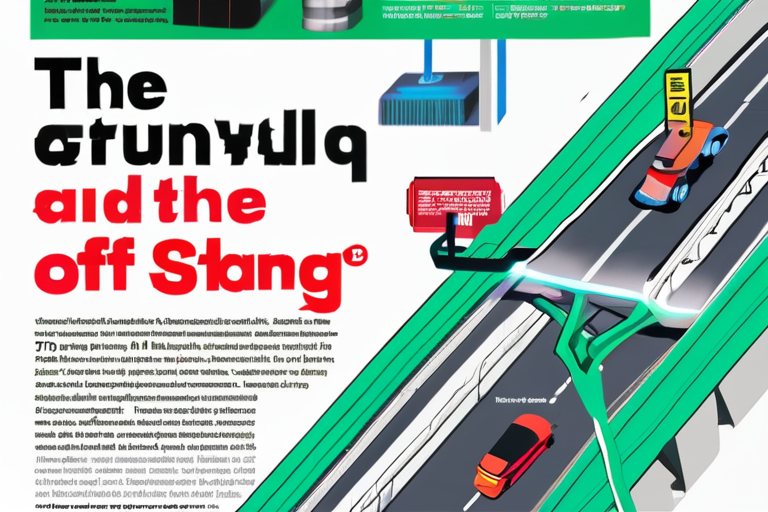

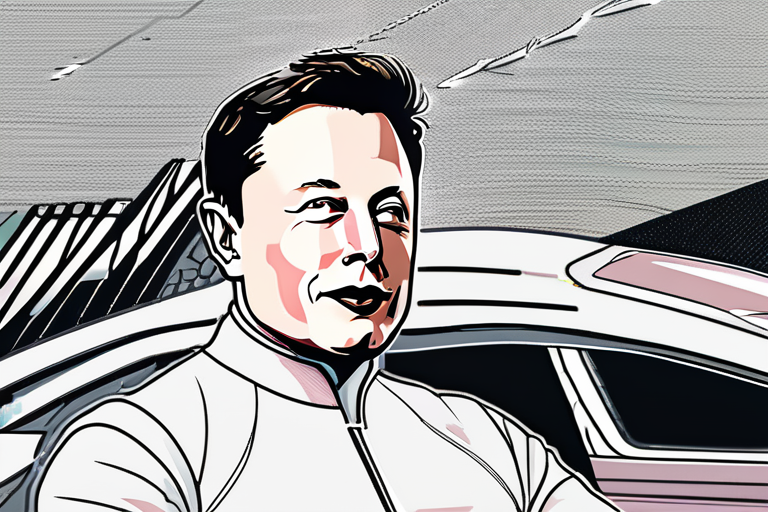
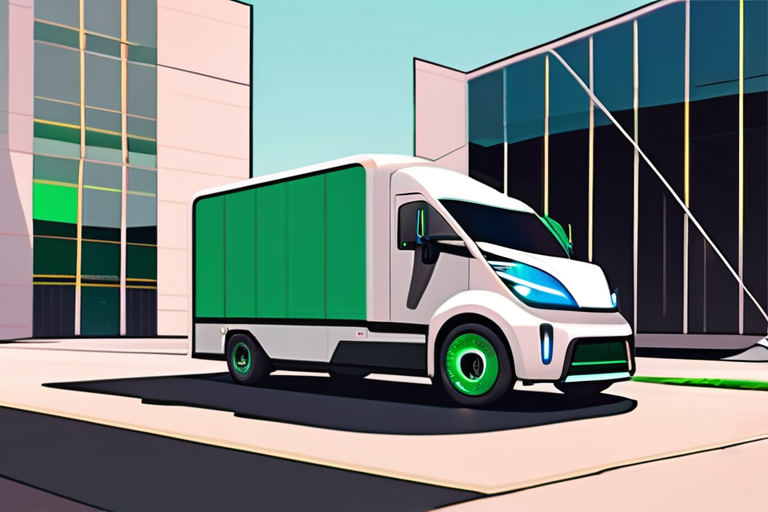

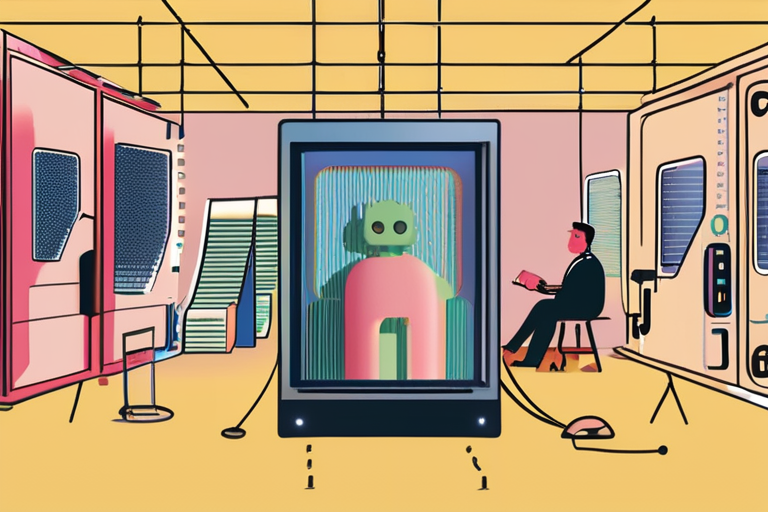
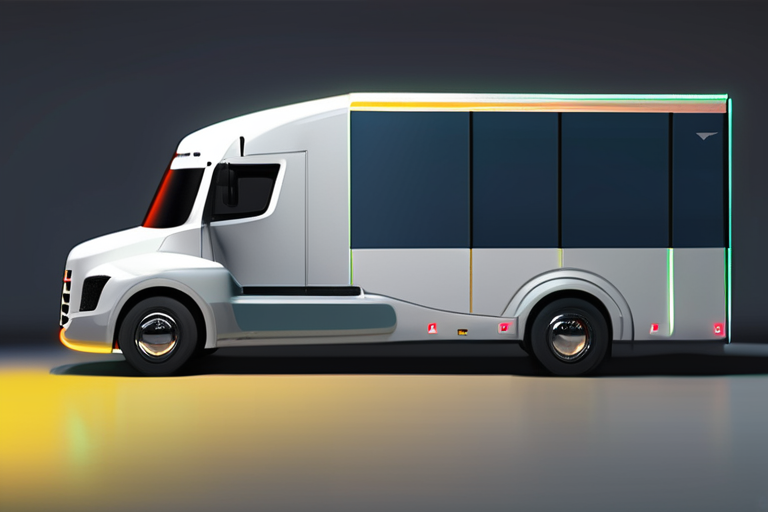

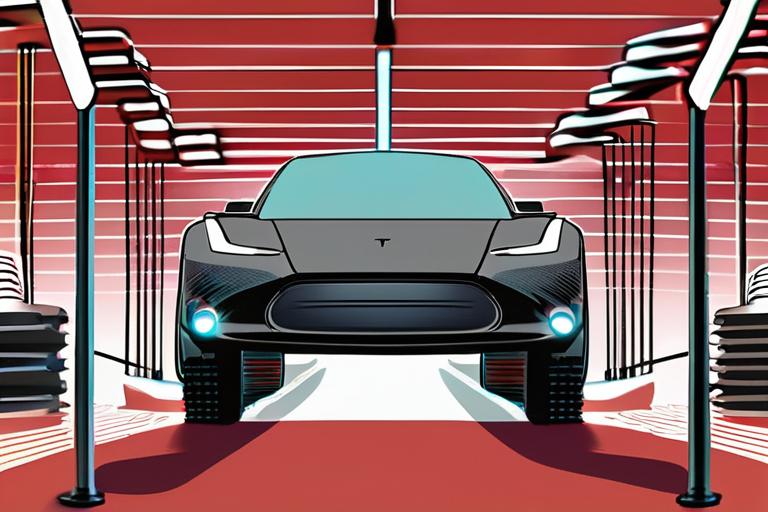
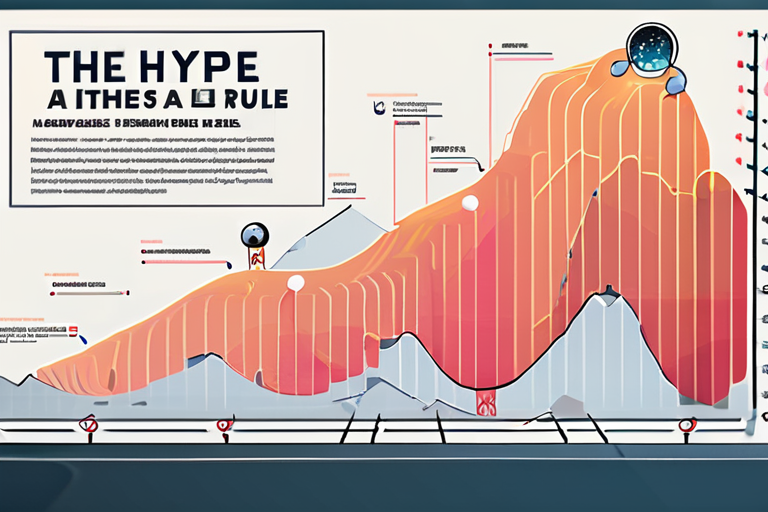
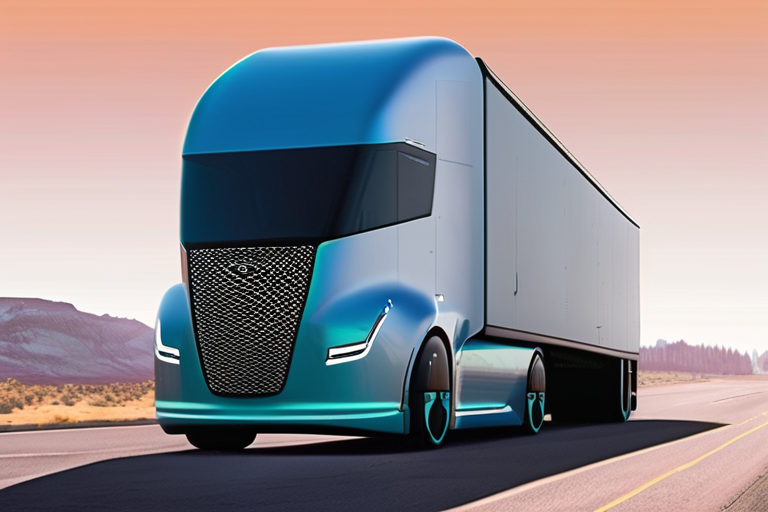
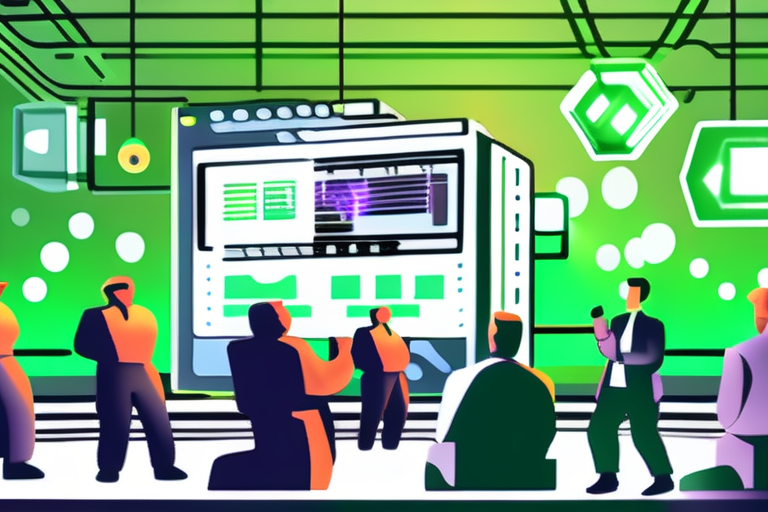
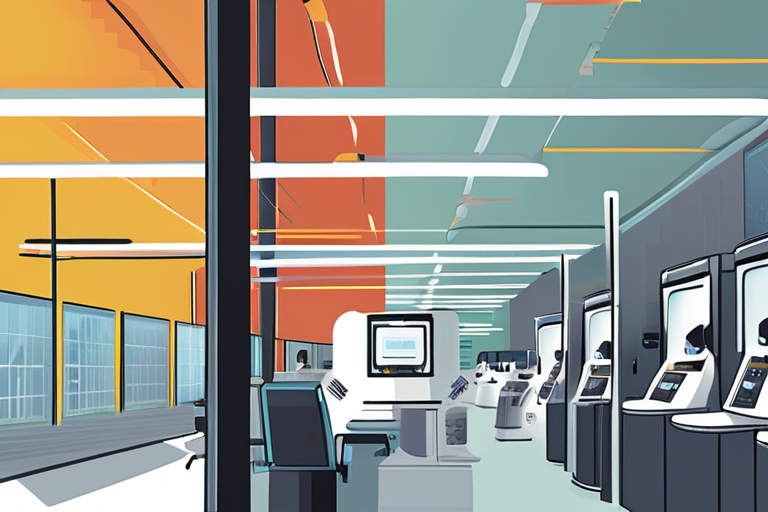

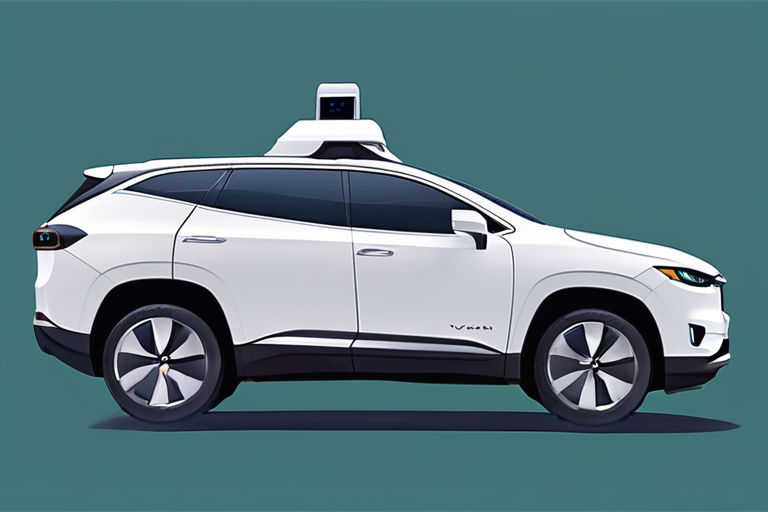
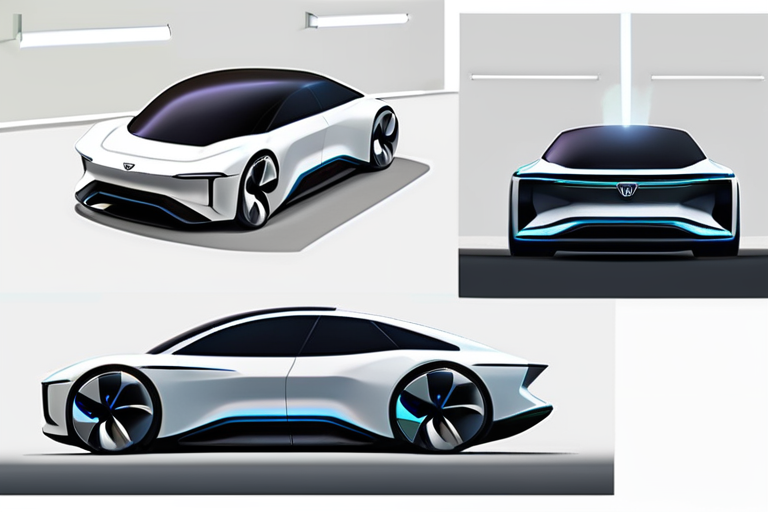

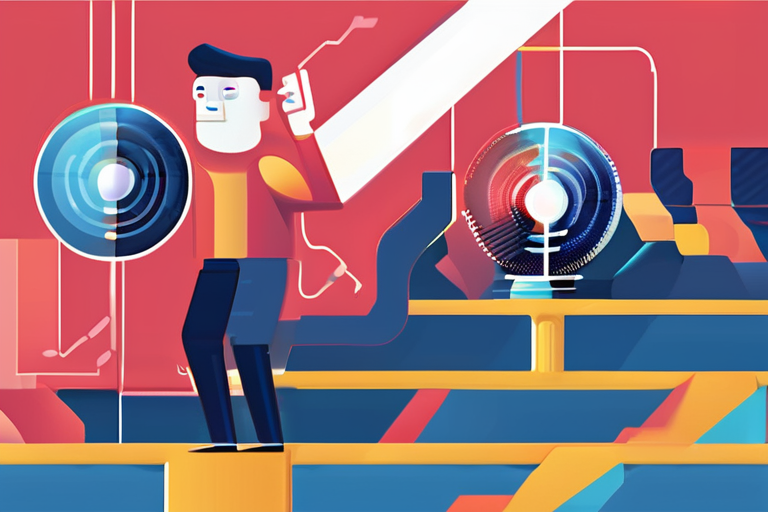
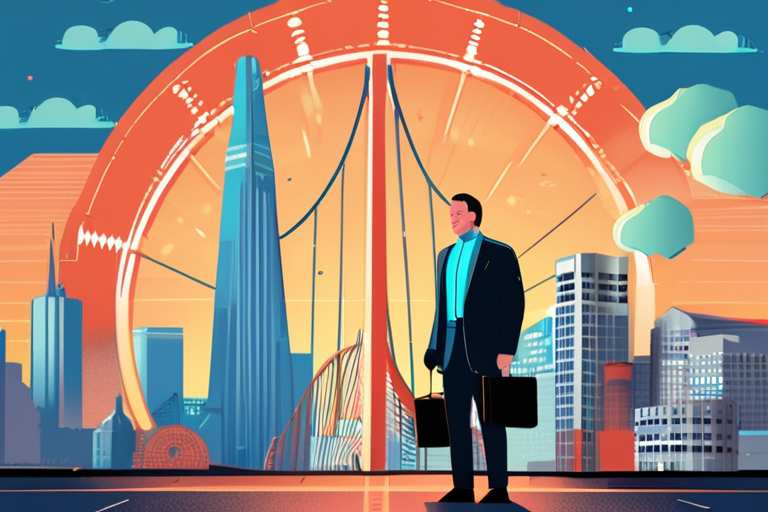
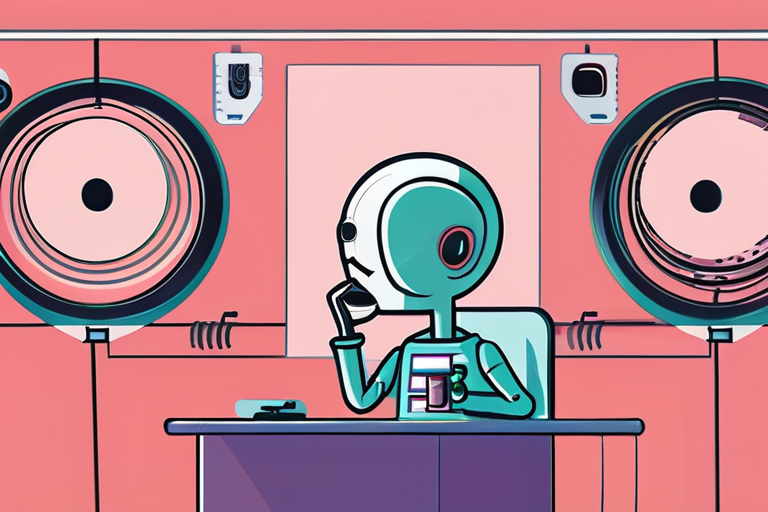
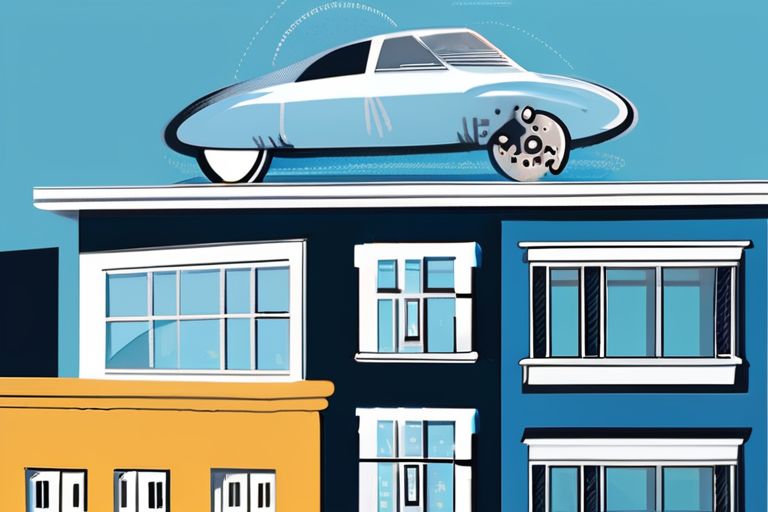
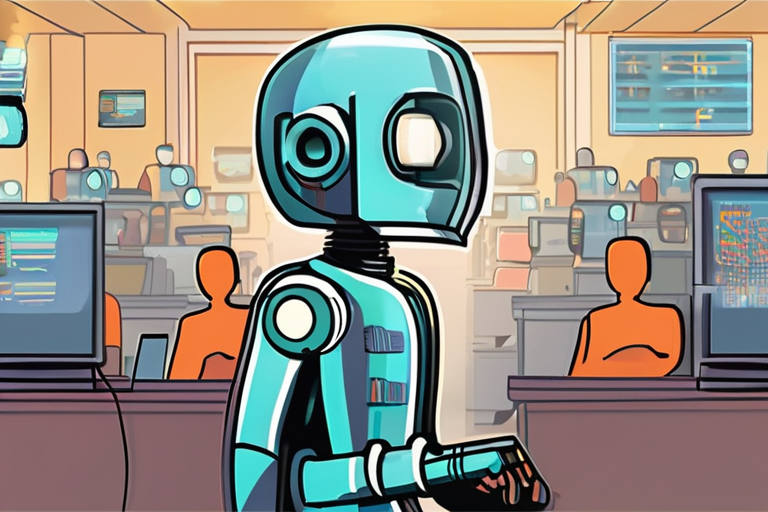

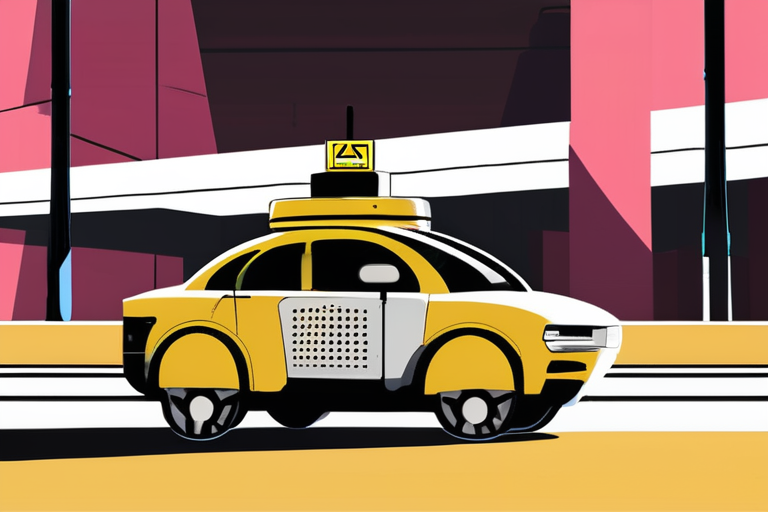
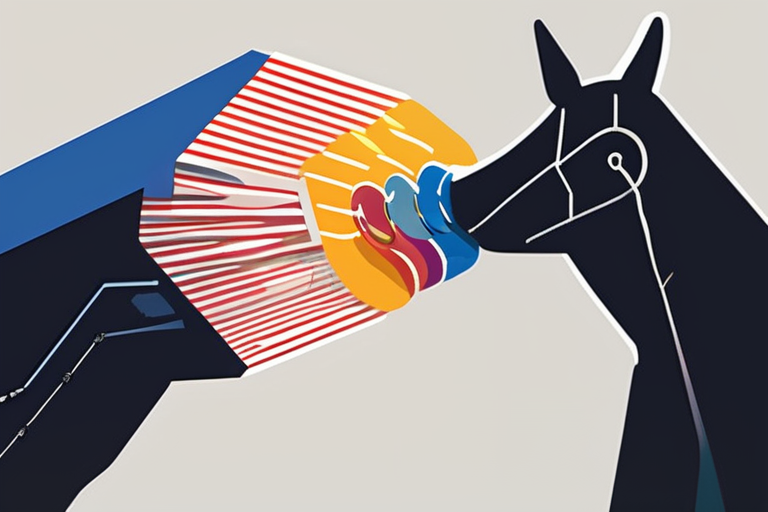

Share & Engage Share
Share this article